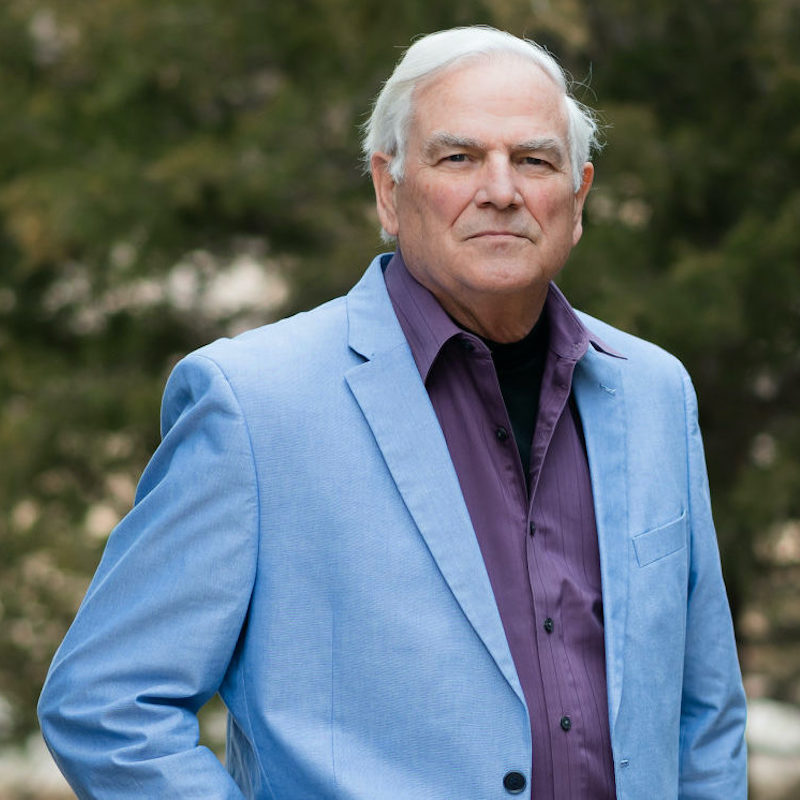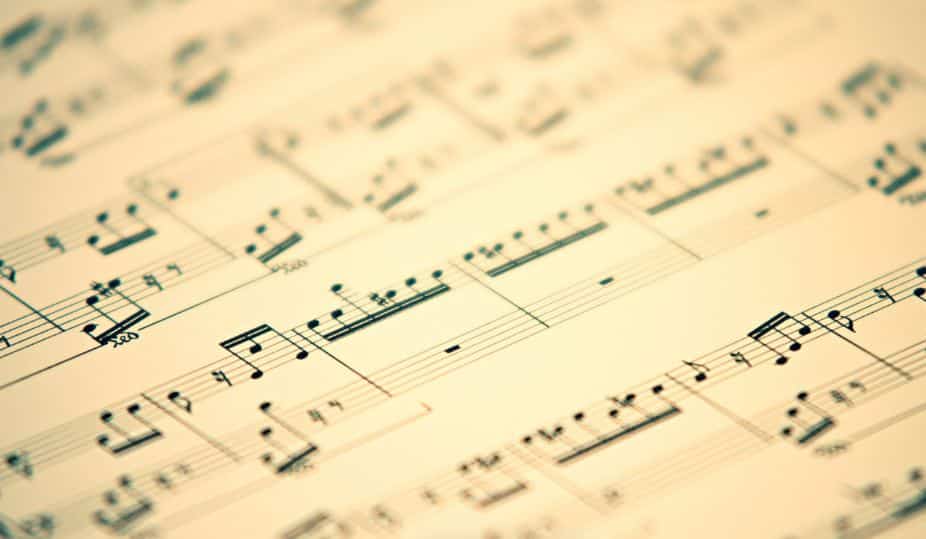Until recently, lead poisoning was considered the leading cause of Ludwig van Beethoven’s hearing impairment, along with other renowned musicians such as Eric Clapton, Phil Collins, and Ozzy Osbourne. However, groundbreaking discoveries have emerged challenging the traditional belief.
Recent studies suggest that genetic factors may play a significant role in predisposing individuals to noise-induced hearing loss (NIHL).
The Perils of Noise-Induced Hearing Loss
Hearing loss among musicians can be attributed to various factors, including drug use and noise exposure. Prolonged exposure to loud noise, such as music, gradually damages the auditory system over time. Initially, individuals may notice subtle distortions or muffling of sounds, leading to difficulties in understanding speech and the need to increase the volume on electronic devices.
The combination of noise-induced hearing loss and the natural process of aging can result in severe hearing impairment that requires hearing aids to enhance sound perception and facilitate daily communication.
Apart from chronic exposure, sudden intense bursts of sound like gunshots or explosions can cause immediate and permanent hearing damage. Additionally, loud noise exposure can lead to tinnitus, a persistent ringing, buzzing, or roaring sensation in the ears. While tinnitus may diminish over time, it can persist intermittently or continually throughout an individual’s life. Both hearing loss and tinnitus can affect one or both ears, and temporary hearing loss known as a temporary threshold shift may occur, disappearing within 16 to 48 hours.
Recent research suggests that even when temporary hearing loss appears to resolve, long-term damage may persist. After performances, musicians often experience a temporary threshold shift accompanied by slight tinnitus and a temporary reduction in surrounding sounds. When these occurrences accumulate over years, individuals become susceptible to permanent threshold shifts and enduring hearing loss.
Genetic Susceptibility to Noise-Induced Hearing Loss
Studies have shown that some individuals exhibit a higher susceptibility to noise-induced hearing loss than others. While one musician or worker may be affected, their counterpart working alongside them remains unaffected. This observation raises questions about why certain musicians and composers experience substantial hearing loss while others do not.
In a groundbreaking genome-wide association study led by Dr. Rick Friedman at the University of Southern California, evidence suggests that individuals like Beethoven, Clapton, and Collins may possess a genetic predisposition to noise-induced hearing loss. Genome-wide association studies involve scanning the entire DNA of many individuals to identify genetic variations associated with specific conditions. By discovering new genetic associations, researchers can develop improved strategies for detecting, treating, and preventing diseases. This study identified the Nox3 gene, primarily expressed in the inner ear, as a crucial gene linked to susceptibility to noise-induced hearing loss.
Implications and Future Research
Understanding the biological mechanisms influencing susceptibility to noise-induced hearing loss is crucial for reducing risks and protecting hearing health. While significant advancements have been made in hearing restoration, preserving existing hearing and preventing hearing loss in the first place remain paramount. The study conducted at the Zilkha Neurogenetic Institute, published in PLOS Genetics, marks the first genome-wide association study on noise-induced hearing loss in mice. Collaboration with scientists from Brazil’s Federal University of Rio Grande do Sul and UCLA enhances the study’s validity and paves the way for further research and clinical recommendations.
Recent discoveries challenging the conventional belief that lead poisoning caused Beethoven’s hearing impairment have shed light on the role of genetic susceptibility in noise-induced hearing loss. Musicians, including renowned figures like Eric Clapton and Phil Collins, may possess a genetic predisposition to hearing damage caused by prolonged noise exposure. Understanding the genetic factors influencing susceptibility to hearing loss is a vital step towards implementing effective preventive measures and preserving the hearing abilities of musicians and individuals exposed to loud noise. Further research in this field promises to unravel new insights into hearing loss prevention and treatment strategies.
Who knows? Maybe sometime we will be able to know who will be most susceptible to noise-induced hearing loss and our stars will be able to play for us and communicate as well!
 Robert M. Traynor, Ed.D., is a hearing industry consultant, trainer, professor, conference speaker, practice manager and author. He has decades of experience teaching courses and training clinicians within the field of audiology with specific emphasis in hearing and tinnitus rehabilitation. He serves as Adjunct Faculty in Audiology at the University of Florida, University of Northern Colorado, University of Colorado and The University of Arkansas for Medical Sciences.
Robert M. Traynor, Ed.D., is a hearing industry consultant, trainer, professor, conference speaker, practice manager and author. He has decades of experience teaching courses and training clinicians within the field of audiology with specific emphasis in hearing and tinnitus rehabilitation. He serves as Adjunct Faculty in Audiology at the University of Florida, University of Northern Colorado, University of Colorado and The University of Arkansas for Medical Sciences.
**this piece has been updated for clarity. It originally published on April 21, 2015






